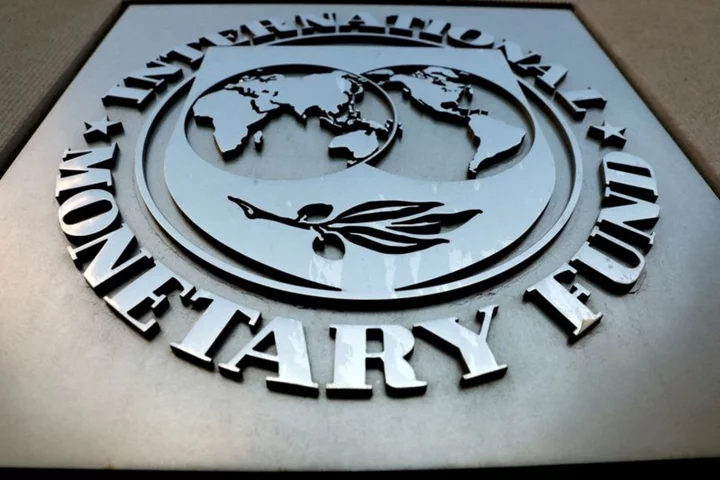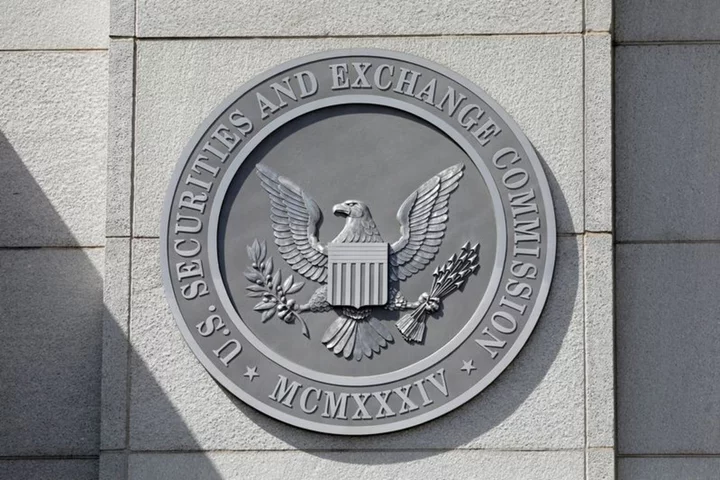Vietnamese authorities are aggressively stepping up criminal proceedings of former real estate executives whose cases upended the nation’s property and bond markets.
The government announced Wednesday the Supreme People’s Procuracy is prosecuting Hanoi-based Tan Hoang Minh Group’s ex-chairman Do Anh Dung and other defendants on charges of fraudulently appropriating about 8.6 trillion ($355 million) from 6,600 investors. Over the weekend, the Ministry of Public Security accused disclosed, former chairwoman of real estate behemoth Van Thinh Phat Holdings Group, of allegedly appropriating more than $12.5 billion.
Police probes of the two companies that began last year rippled across the nation’s economy, leading to a dramatic slowdown in the bond market amid new regulations and a stalled real estate sector.
The arrest of Lan and other company officials, who were believed to have connections with Saigon Commercial Bank, also known as SCB, led to a brief bank run last year. Police on Saturday disclosed Lan held a controlling stake of more than 90% in the bank.
Vietnam’s 2023 corporate bond sales through Sept. 15 totaled 123 trillion dong, or 60.4% lower than in the same period a year earlier, according to the finance ministry. The volume of bonds bought back by issuers prior to their maturities reached 169 trillion dong, or 1.4 times higher than a year ago. The real estate sector constitutes about a third of Vietnam’s corporate bond issuance.
Vietnam Property Debt Binge Now Hangs Over Its Banks: The Brink
Representatives of Dung and Lan weren’t immediately available for comment.
The police are also seeking to prosecute 85 others in the case allegedly involving Van Thinh Phat, SCB and related units. Do Thi Nhan, a former head of the State Bank’s inspection and supervision unit, is accused of accepting as much as $5.2 million in bribes, the government said.
In the Tan Hoang Minh case, Dung and others are charged with issuing nine bond offerings with a total value of 10.3 trillion dong through three units and other companies and using the proceeds for business activities other than those stated in the bond issuance filing, according to a statement on the government’s website.









